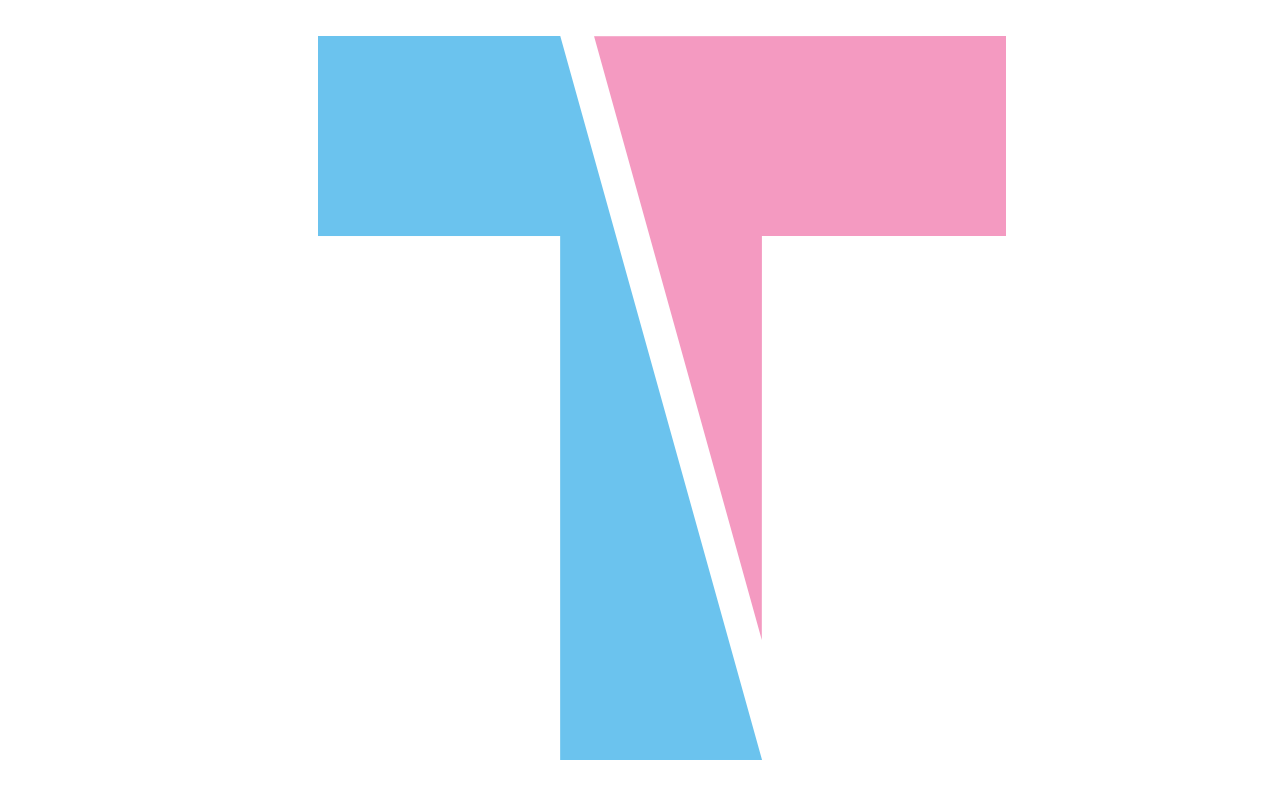Answers to questions we get asked a lot
What is TPATH and how do I join?
TPATH was designed to represent the needs of trans members of the World Professional Association for Transgender Health and its regional offshoots (CPATH, USPATH, EPATH and ANZPATH) and to provide a space for these members. We recognize WPATH’s importance in championing trans-related healthcare and rights globally, and wish to focus the efforts of trans WPATH members in the pursuit of these goals. Additionally, we would like to emphasize that one may be a member of WPATH in addition to TPATH or just a member of TPATH. And while WPATH is the primary organization for trans health care, our organization may appeal to those involved in this field through other organizations, such as the American Public Health Association and the International AIDS Society. Find out more about becoming a member.
I’m not trans, but I am an ally. Can I be a member?
While we very much appreciate and rely on the support of cisgender individuals, membership in TPATH is open only to those who self-identify within the trans and gender diverse spectrum. If you are cisgender and interested in supporting our work, please contact a member of the COT, as we would love to have your input and advice.
What about intersex folks?
Are there membership dues or fees?
Social Media Code of Conduct
Please treat others with respect, approach conversations in good faith, and respect that this group is intended to be for trans identified folks only.
The Facebook group exists to facilitate discussion relevant to these principles, enabling members to share knowledge, ideas and resources on the topic of trans health care provision and advocacy. We may delete posts and comments which are not relevant to these topics.
We will delete any comments that are ableist, ageist, anti-Semitic, Islamophobic, intersexphobic, racist, sexist, or otherwise discriminatory towards a group of people.
While it may be appropriate to discuss intersections of intersex and trans experience, please do not erase the specificity of intersex experiences, for instance through conflating intersex with trans. Posts or comments that do so will be deleted. In discussing these issues, we ask that endosexual transgender (i.e. not intersex) participants recognize their privilege in, for instance, not having faced the risk of infant genital mutilation or other non-consensual medical interventions during childhood.
If a member of the group continues to write discriminatory, abusive or otherwise inappropriate or irrelevant posts after a moderator asks for conversation to cease on any of the above grounds, they will be muted for seven days. This will mean they can still see material posted to the group, but will be unable to post during this time.
If actions that contravene this code of conduct continue after a mute has previously been imposed, this may result in a ban from the Facebook group.
Finally, we ask that you bear in mind this is an international group, and that languages, assumptions and geographies which may seem obvious to you might be less clear to other members of the group. We encourage members to address this through making their location and perspective explicit where relevant. For example, if you post a link to an event, consider stating which country the event is based in. As another example, “summer”, when used, refers to a different time of year in the southern and northern hemispheres.
What do you mean by ‘professional’?
What do you mean by ‘trans’?
Trans is a Latin prefix that does not only mean “on the other side”, but also “beyond”. In TPATH we use trans as a broad umbrella term to refer to persons whose gender identity and/or expression differ from the social roles, norms, and expectations associated to their sex assigned at birth.
Terms within the trans umbrella, such as transgender, gender non-conforming, gender fluid, gender non-binary, and genderqueer, are widely used in certain regions, but there is a huge diversity of definitions around the world. Due to the lack of a globally-valid umbrella term, “gender diverse” will be used to include those who identify with local, indigenous, or subculture-specific terms (e.g. koti, ladyboy, tom, travesti, waria, etc.) as well as those in non-binary gender systems (e.g. fa’affafine, hijra, kathoey, muxé, two-spirit, etc.).*
Finally, while the title denotes transgender individuals, we are explicitly inclusive of all trans and gender diverse people.
*Adapted from the Transrespect vs. Transphobia research project (2016).
